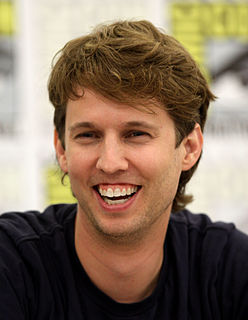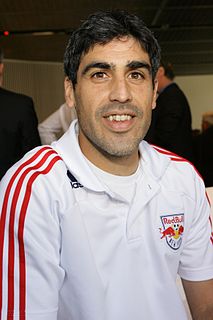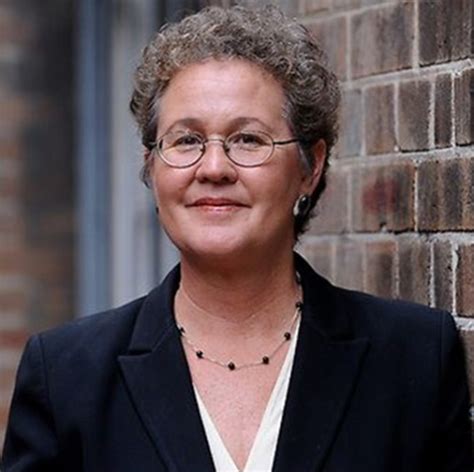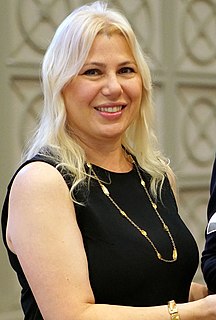A Quote by Justin Menkes
Very little attention is paid to improving the decision-making skills of both individual executives and the organizational benchstrength as a whole. Often we find that this is overlooked because there is a common assumption the business executives have all the requisite cognitive skills they need when they come to work for the organization. The problem with that perspective is that it overlooks the fact that thinking skills can be learned and improved at any time during the course of a persons lifetime.
Quote Topics
Any
Assumption
Attention
Because
Both
Business
Cognitive
Come
Common
Course
Decision
Decision-Making
Executives
Fact
Find
Improved
Improving
Individual
Learned
Lifetime
Little
Making
Need
Often
Organization
Organizational
Overlooked
Paid
Persons
Perspective
Problem
Skills
The Problem With
Thinking
Time
Very
Whole
Work
Related Quotes
Business requires an unbelievable level of resilience inside you, the chokehold on the growth of your business is always the leader, it's always your psychology and your skills - 80% psychology, 20% skills. If you don't have the marketing skills, if you don't have the financial-intelligence skills, if you don't have the recruiting skills, it's really hard for you to lead somebody else if you don't have fundamentally those skills. And so my life is about teaching those skills and helping people change the psychology so that they live out of what's possible, instead of out of their fear.
It's possible at any time during a player's career to get into top physical shape or to try to win every game! But you can't teach skills to an old player. Youth coaches should keep in mind that individual skills need to be nurtured at an early age. Players who haven't mastered the fundamental skills become frustrated because the game gets too difficult for them as they move into higher levels.
It is the acquisition of skills in particular, irrespective of their utility, that is potent in making life meaningful. Since man has no inborn skills, the survival of the species has depended on the ability to acquire and perfect skills. Hence the mastery of skills is a uniquely human activity and yields deep satisfaction.

































